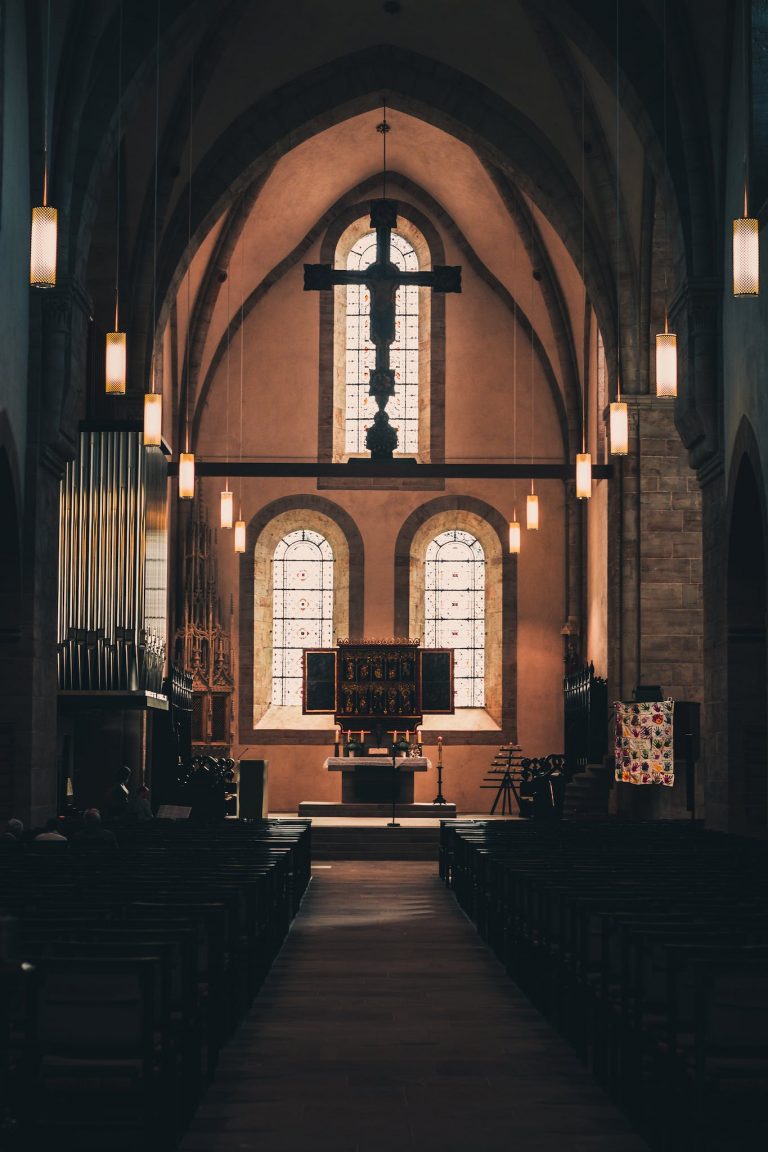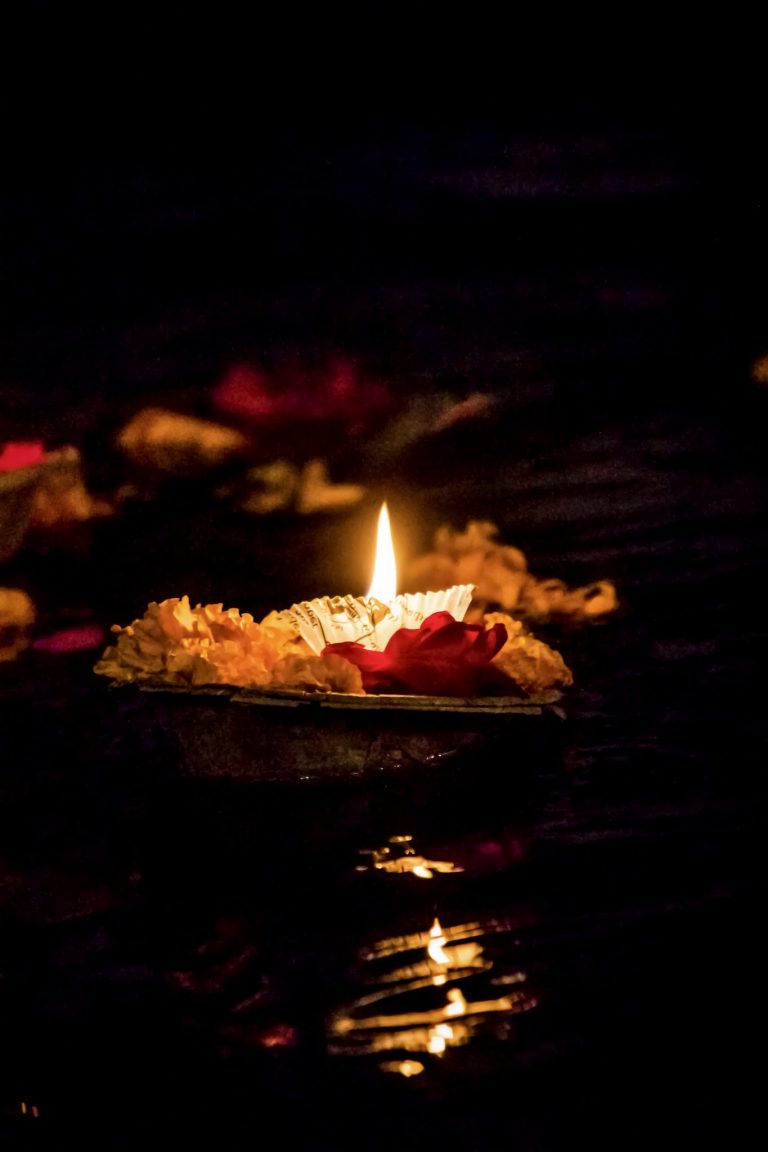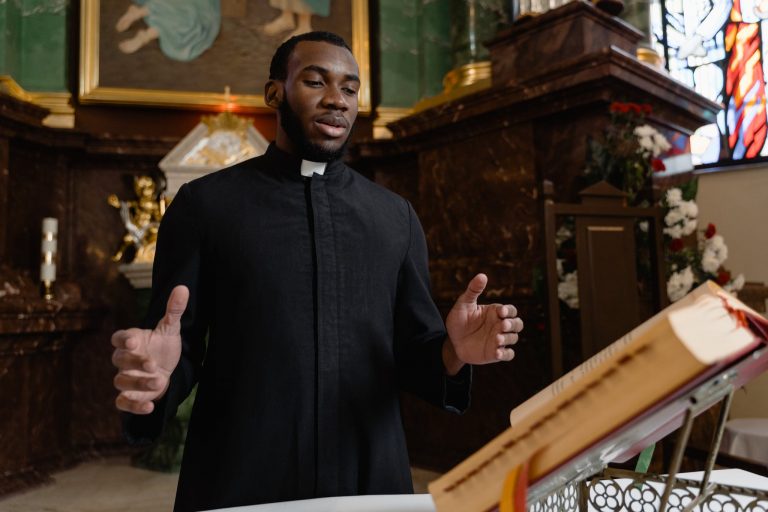09/01/2021
Sisters and Brothers, I greet you all in the Name of Christ and wish upon you the peace and blessings of God.
It is an honour to worship and pray with you today.
I want to thank those who have arranged and managed this very powerful act of witness.
The peace of God on us, and the peace of God on all those who have died in war.
We acknowledge the pain and suffering.
We recognise that war diminishes us all, it reveals the horrors to which human beings can descend, and war is an assault on the Image of God in which we are all created, and therefore a sacrilege.
We commit ourselves again to play our part and contribute to the work of forgiveness, reconciliation, peace and healing.
I oppose war, and support non-violent resolution of all conflict.
We meet close to Epiphany Day, which honours the wisdom of all nations.
The message of the Gospel writers, and the early church, is that the helpless refugee child, not Caesar armed to the teeth, reveals the path to salvation.
We look here for the light of grace that enlightens everyone, as we seek to address the challenges that face us.
We have confidence, as our reading says, that old ways can pass away, there is “new creation”, for it is always the work of God to make all things new.
This is the hope of a ministry of peace and reconcile;iation.
I offer you a short meditation on reconciliation.
In the reading from Scripture, we heard that we are called to be “ambassadors for Christ”, to make God’s appeal through us.
What does this mean?
What wisdom do we draw from Christ and the Gospel of Christ?
In the very first instance, before we challenging anyone else, we ourselves are to be “reconciled to God” (2 Corinthians 5:20), to be people who have made peace with God, and are at peace in ourselves.
If you carry peace in your own being you are better equipped to bring peace to others.
Love yourself, so that you can love God, and your neighbour, as yourself.
Being reconciled to God means we are one with God.
Being one with God means to embody God, and to reflect God’s way.
God’s way, as revealed in Christ, is to be in solidarity with humanity, without discrimination, to be inclusive of all people, to feel the hurts and pain of humanity, to hold out the spirit of forgiveness, reconciliation, peace and healing, and always, to keep the possibilities of new beginnings, and hope alive.
What then is the distinctive contribution of the followers of Jesus, and of the Gospel of Christ to the work of forgiveness, reconciliation, peace and healing?
There are four key elements and movements of the Gospel of Christ, namely:
- Incarnation: affirming that God is with us
- Ministry of Christ: a ministry of hospitality and healing
- Crucifixion: recognising the passion, pain and cost of reconciliation
- Resurrection: embracing hope, new life and direction, always
First then, Incarnation: God is with us
This is the good news.
The Word became flesh and dwelt among us.
God is One, and is one with people, with all our immense diversity, without discrimination.
In love, forgiveness, grace and generosity God reaches out to a fallen, failing, selfish humanity.
God honours all people, for all are made in the Image of God.
In Christ, God has done the work of “reconciling the world to himself”; God reflects the humility of taking the first step in reconciliation, “without counting human trespasses against them” and “entrusting the message of reconciliation” to us (2 Corinthians 5:19).
In the birth of Christ, God embraces the powerlessness and vulnerability of a new born child.
A child is born with empty hands.
The first requirement in a movement of reconciliation is that weapons are put away, we come to each with empty hands.
I’m sure you have your favourite Christmas Hymns or Carols.
I like Charles Wesley’s Hymn “Let earth and heaven combine”, and especially the lines: “He deigns in flesh to appear, widest extremes to join” (StF 208).
Focus on the words “widest extremes to join”.
It is possible for God and humanity to be joined, to be one.
Widest extremes can join.
When Nelson Mandela became the first black President of South Africa, he made his former enemy F. W. De Klerk of the National Party his Deputy.
Some of you may recall the handshake between two extreme enemies, Ian Paisley and Martin McGuinness at the beginning of the Good Friday Peace Agreement in Northern Ireland.
People of widest extremes apart can be friends, can be reconciled, and work together.
We, as people of any nation, church denomination, or congregation are a rich mixture of people, and of many ethnicities and tribes.
We have all the range of diversities, not least the widest extremes in terms of theology.
With our diversity, we are called and committed to a ministry of constructive dialogue and reconciliation.
We want to enable each other to grow and flourish in our relationships.
We do so in the confidence and strength of the good news, God is with us, and when we take the path off reconciliation, of bringing people together, we are taking God’s path. It is a path of holiness.
Secondly, we emulate the Ministry of Christ: it is a ministry of hospitality and healing, not hatred or hurt.
The ministry and practice of Christ was characterised by being a hospitable and healing presence. Jesus had a ministry of hospitality and healing, not harming or hostility.
Jesus’ ministry is revealed as a ministry of
- Mending hurts
- Doing good
- Including the outsider
- Welcoming the stranger
- Clothing the naked, visiting the sick and those in prison, sharing food with the hungry and water with the thirsty
Jesus was born empty handed and we never hear of him carrying anything in his hands. He was certainly free of weapons.
Jesus kept an open table, he welcomed all to eat with him, he especially welcomed those who felt most excluded by social, religious or political discrimination.
In ministries of reconciliation, It is essential to build shared, safe spaces where people of different backgrounds can meet, listen to each other in dialogue, share our brokenness and hurts, and feel each other’s points of hurt and grief.
This is relevant in our world characterised by increased military budgets.
Currently the world is spending almost $2,000 billion on military.
This cost cannot be justified in our world of hunger and harm.
We need hospitals, homes, schools.
War as a strategy has failed and is an out-of-date approach to conflict resolution.
We call for commitments and actions consistent with the hospitable and healing ministry and practice of Jesus.
Hospitality offers a better way to respond to difference, transcending social borders, and expressing respect especially for people excluded from the benefits of belonging.
Hospitality offers bread, not bullets and bombs.
Hospitality is a way of non-violence, seeking to bring all participants in any conflict to the table of hospitality and shared dialogue.
The Latin root for reconciliation (CONCILIUM) points to a deliberate process in which conflicting parties meet “in council”, in conversation. Reconciliation is rooted in community, and is the work of communities.
It is important to foster reconciliation in communities, in congregations.
This is the experience of communities of reconciliation such as Corrymeela Community ion Northern Ireland, which has spent 50 years bringing people of opposing backgrounds together for dialogue.
The founder of Corrymeela, the Rev Ray Davey, was fond of saying that if we Christians do not speak of reconciliation, we have nothing to say.
Let me take some of you to Corrymeela Community in Northern Ireland soon to learn from their experience.
The third focus of Gospel witness is Crucifixion: reflecting the passion and cost of the cross
The message of the cross is that nothing worth doing is without cost.
There is a cost involved in exercising the ministry of reconciliation.
Jesus was tortured and persecuted and rejected.
Jesus died denied, betrayed and abandoned even by his closest friends.
Being peacemakers and people of reconciliation will not bring you necessarily to a peaceful and tranquil life.
Peace building and reconciliation is hard work and a long road.
Small Christian communities in Panjab, on the borders of India and Pakistan, constantly face threats to their existence, but remain constant under trying circumstances. They bear witness to Christ in environments where the majorities are Hindus, Muslims and Sikhs.
No doubt this can be said of small Christian communities in border lands in Nigeria. Their witness is courageous, and costly.
The ministry of reconciliation is costly and you will have your opponents.
Think about the people best remembered for their non-violence teaching (Mahatma Gandhi, Martin Luther King, Oscar Romero).
They were killed by opponents.
In a speech in Belfast in 2013 President Barak Obama said it is harder work to make peace.
This is the experience of peace and reconciliation workers in Northern Ireland. They all knew what Mr Obama was saying. All peace activists know and have known this.
So peace-making is hard work. It is not a soft option.
It is a long and winding road, a long term, and difficult task.
It requires hard listening and conversation.
The road is not smooth, it is lumpy, uneven, crooked. This is the uneven ground on which strangers and friends, families and familiar faces cross over to meet each other to address matters of justice and mercy and humility.
It is Gospel wisdom that we have to bear the cross. It is the pathway to resurrection and hope.
With the cross at the centre of our existence, we are called to model leadership that handles power with redemptive love, with a capacity to share and give up power, always seeking to empower others.
The ministry of forgiveness and healing and reconciliation carries what Dietrich Bonhoeffer called “the cost of discipleship”.
Fourthly, Resurrection: and the hope held and proclaimed in the resurrection
The resurrection stories in the Gospels insist that there is always a good way ahead.
There is always more. Resurrection calls us never to give up hope.
Always remain hopeful, even in the worst of circumstances.
We acknowledge that the wounds of the past can never be covered up and hidden.
The resurrection narrative recognises this as the risen Christ invites Thomas to reach out and touch the scars of his wounds in his hands and side.
Wounds can heal, but the scars and marks of the hurt remain. These have to be acknowledged.
In the depths of the scandal of apartheid Archbishop Desmond Tutu insisted that good will overcome evil, that truth will not be suppressed by falsehood.
I recall him and his colleagues challenging the might of South African military with Bibles in their hands.
He used to say to the Apartheid Government: “You may have the guns. You may have all this power. But you have already lost. Come, join the winning side”.
But he never lifted a weapon.
Reflect on your life and all the situations in which you feel you are at your wits end, at a dead end, stuck, and not sure of which way to turn next.
The Gospel insists, do not despair or give in.
Always remain hopeful.
Resurrection proclaims that there is a way out of the impasse.
According to John’s Gospel, the disciples had been fishing and had nothing to show for all their efforts, they were ready to give up, but in the wisdom of Christ they were shown a way forward.
The ministry of reconciliation brings the confidence that new beginnings are possible, it is a ministry that never ends, never gives up and always keeps hope alive.
Reconciliation brings us to be new creation, and give new life (2 Corinthians 5:5-21).
These four moments of the Gospel encapsulate the distinctive mission and ministry expressed and exercised in the Name of Christ.
It is a ministry strengthened and sustained by the Holy Spirit of God.
Concluding remarks on reconciliation
Reconciliation is rooted in the stories of faith, and the gift of faith communities is to place greater value on reconciliation, and to uphold and proclaim a vision of reconciliation in our world.
From beginning to its conclusion, the Bible records and reflects Gods continuing reconciling work in the history of a people on a journey, constantly desiring nothing less than a restoration and renewal of the relationship with God, within their own being and relationships, and ultimately the renewal of all creation.
There is a claim in the New Testament that this journey reaches a climax in the decisive revelation of God in Jesus Christ, following which God’s work of reconciliation moves to a new level towards renewing and building a “new heaven and a new earth” realising the fullest potential of all creation.
There is an inseparable link between reconciliation and the stories of creation, crucifixion and the consummation of all creation.
God never gives up on the work of reconciliation and calls us to share in this work [2 Corinthians 5:18-19].
The ministry of reconciliation includes set-backs, frustrations and enormous costs, and sacrifices involved.
Reconciliation is built on repentance, forgiveness, the willingness to change, to restore and renew relationships, and to live with more grace and generosity without giving up.
Reconciliation is not simply a matter of achieving integration by assimilation and erosion of differences.
Reconciliation requires holding and healing each other through remembering, sharing stories of hurt, arriving at repentance, forgiveness, and a commitment to living with more grace and generosity. It embraces economic, ecumenical and environmental justice.
Within this breadth of reconciliation, we are all called to make a modest contribution and play our part, and to value the contribution others make however small.
We dare to hope for and dream of a different society, a decent society where all people can be safe, flourish and have equal opportunity, and enjoy the fullness of life; where different parties agree to be in an open and honest relationship in which they can share openly and honestly in what are undoubtedly difficult conversations.
A reconciled society will not be one without differences and disagreements but it will be one where division is not destructive because there is a shared commitment to the enhancement of life for all.
We will not give up on reconciliation.
The Dalai Lama said during a visit to Northern Ireland:
“Reconciliation. We have no alternative or option. Violence is suicide.”
The Gospel of Christ expresses confidence in God who is revealed in Christ’s birth, ministry, crucifixion and resurrection.
So live your life as “ambassadors” of this Gospel ministry of reconciliation, and encourage this lifestyle in all life and conflict at local and wider level. And you will help to build a better world.
Inderjit Bhogal
9 January 2021



